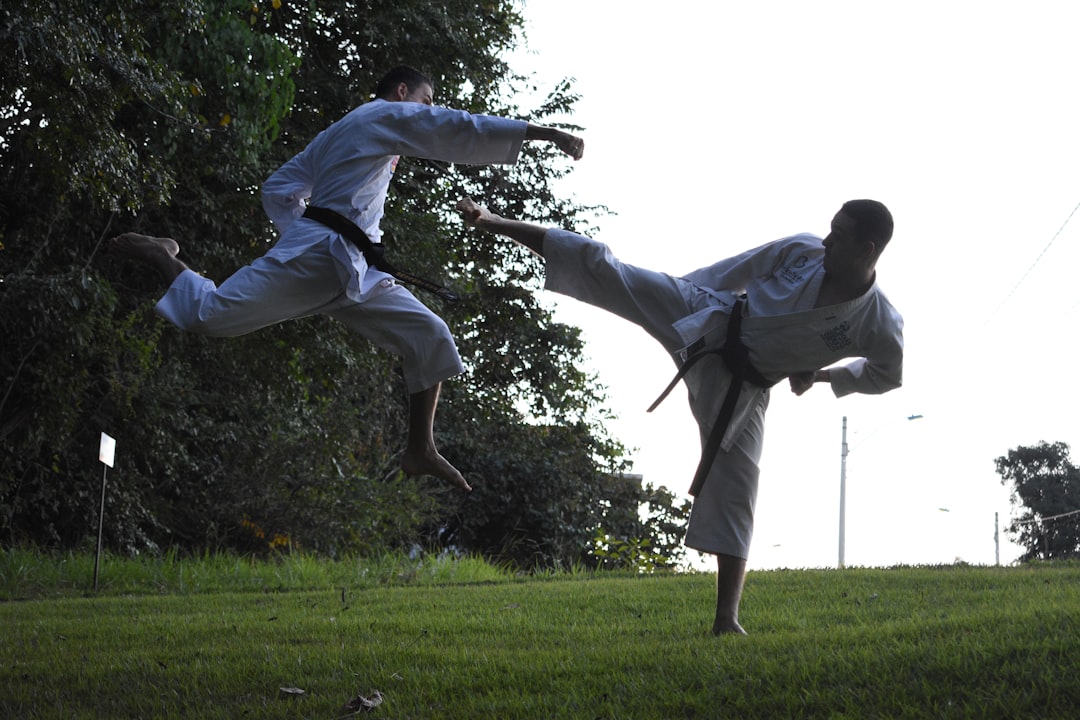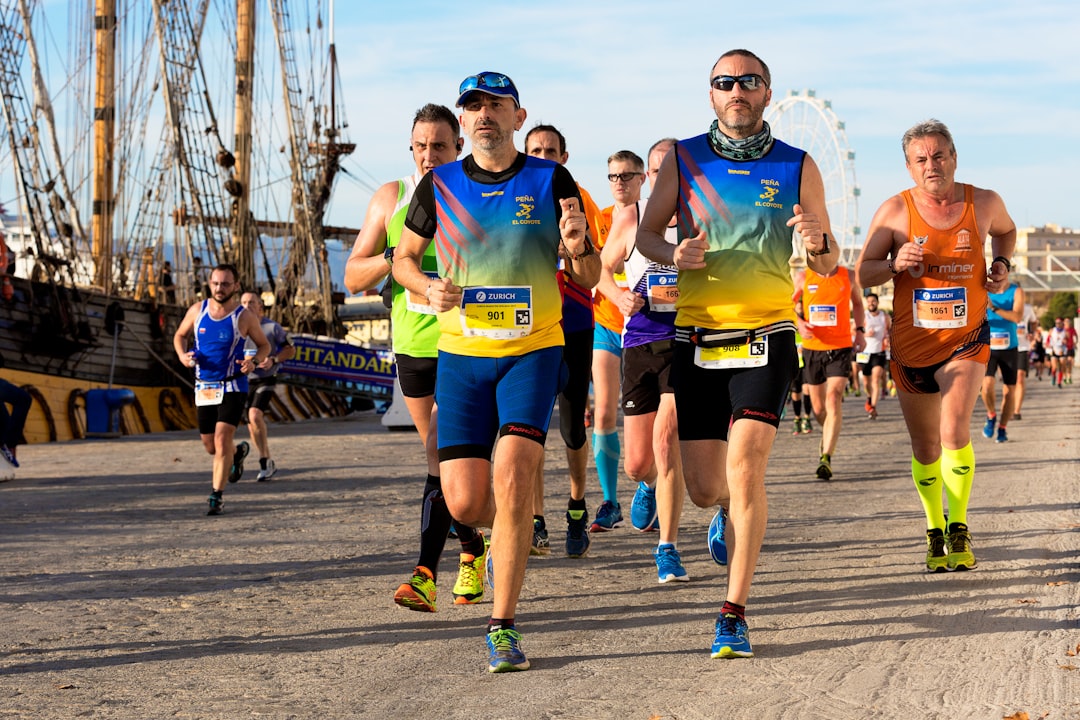What is it about?
BACKGROUND: Anterior cruciate ligament (ACL) reconstruction is the current standard of care for ACL tears. However, the results are not consistently successful autografts or allografts have certain disadvantages and synthetic grafts have had poor clinical results. PURPOSE: To determine if recellularization of decellularized tendons combined with mechanical stimulation in a bioreactor could replicate the mechanical properties of the native ACL and be successfully used for ACL reconstruction in vivo. STUDY DESIGN: Controlled laboratory study.
Featured Image
Why is it important?
: Our translational study indicates that the recellularization and dynamic mechanical stimuli can significantly enhance matrix synthesis and ultimate tensile load of decellularized porcine tibialis tendons. This approach to tissue engineering can be very useful for ACL reconstruction and may overcome some of the disadvantages of autografts and allografts.
Perspectives
Dynamic bioreactor cultivation of tissue-engineered tendons may overcome the limitations of autografts and allografts.
Dr. Kwang il Lee
The Scripps Research Institute
Read the Original
This page is a summary of: In Vitro and In Vivo Performance of Tissue-Engineered Tendons for Anterior Cruciate Ligament Reconstruction, The American Journal of Sports Medicine, March 2018, SAGE Publications,
DOI: 10.1177/0363546518759729.
You can read the full text:
Resources
Contributors
The following have contributed to this page










